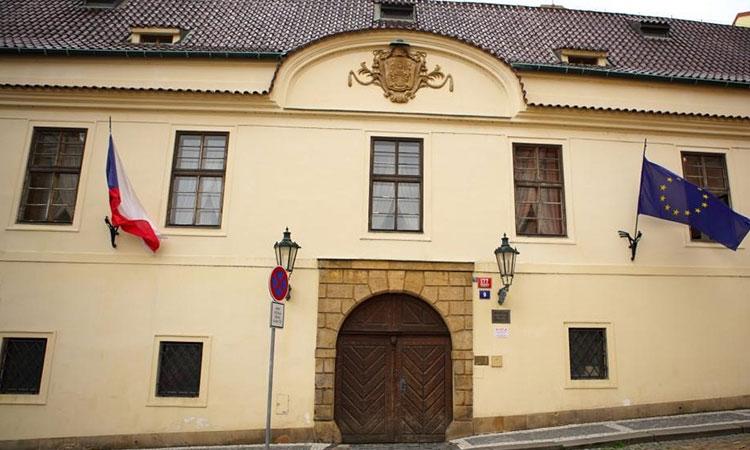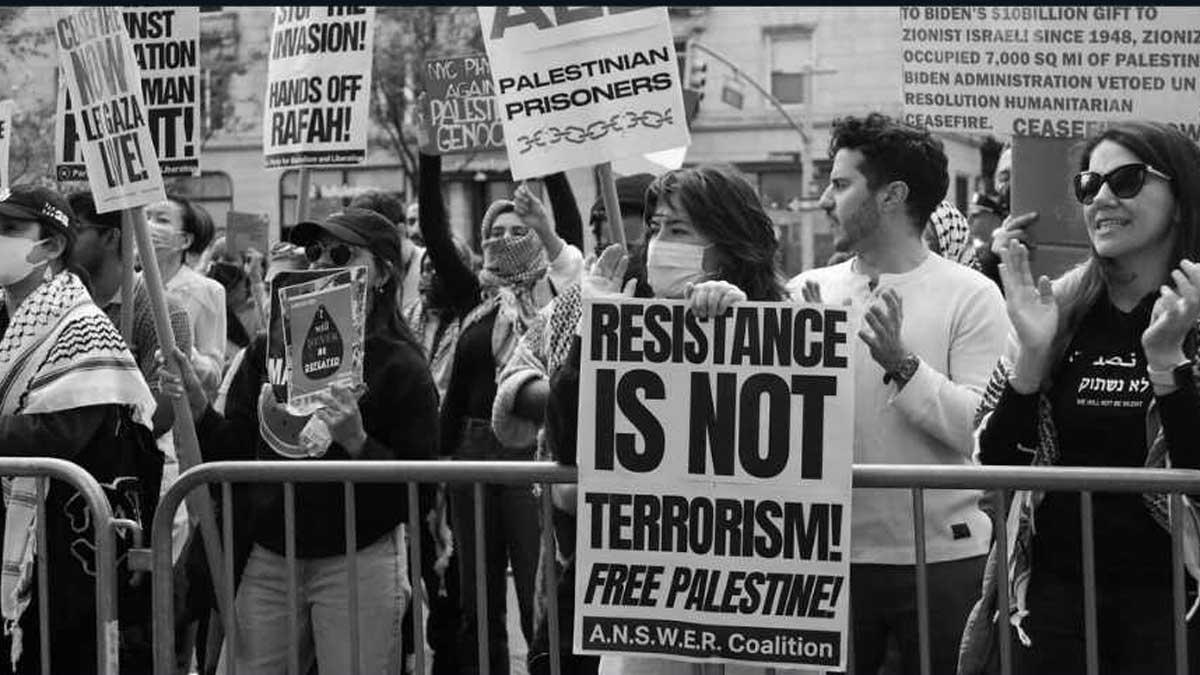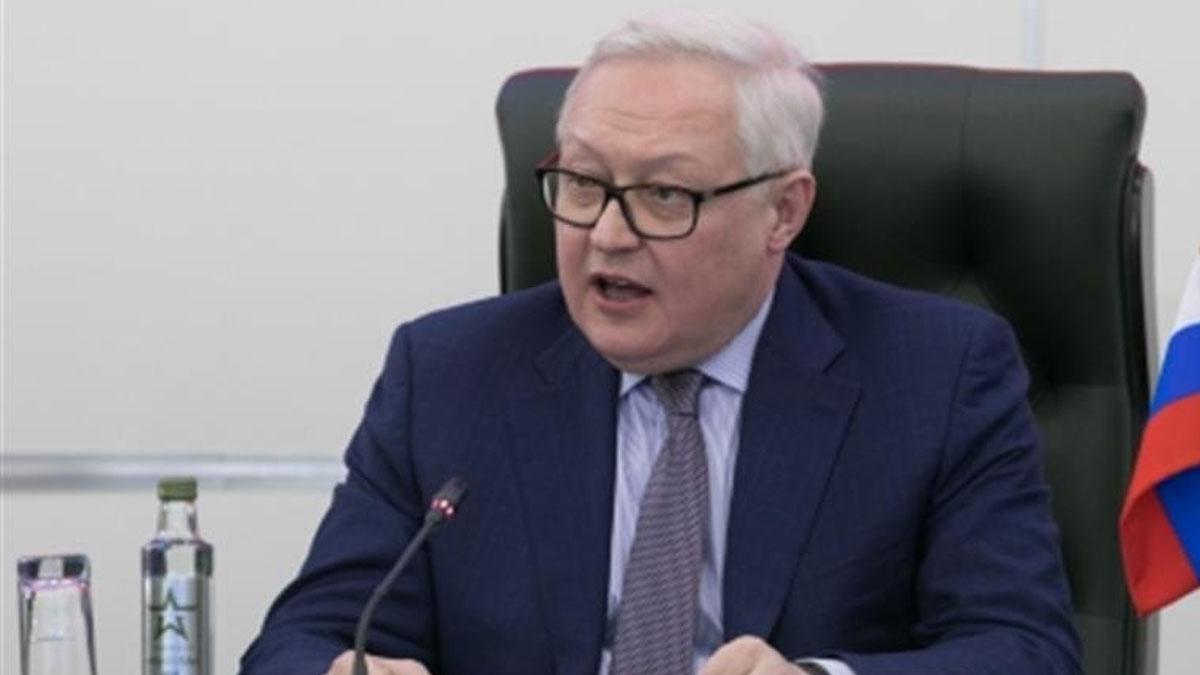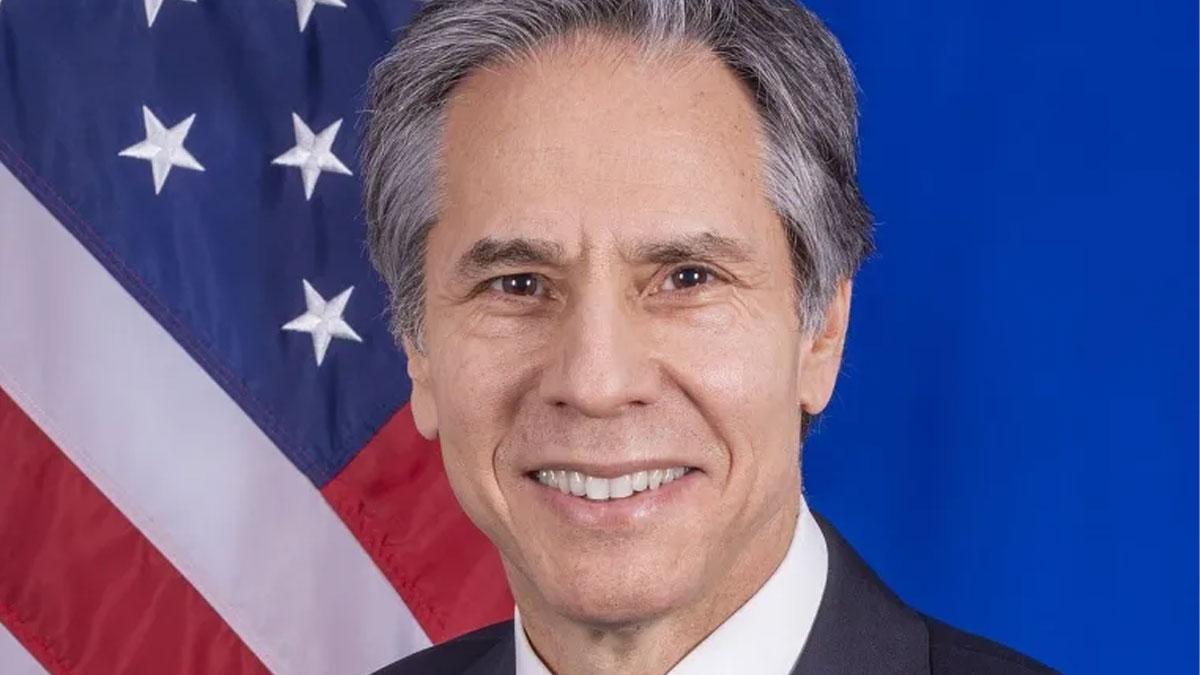European Union (EU) Foreign Ministers will try to find a solution to a contentious push to ban Russian tourists from the 27-member bloc on the second day of an informal summit in Prague on Wednesday.
"In times of war there is no place for tourism, but it doesn't mean that there's no place for any kind of movement," Czech Foreign Minister Jan Lipavsky said on his arrival to the first day of talks.
The idea of restricting Russian tourists entering the bloc has emerged recently after countries witnessed Russians arriving for summer holidays via neighbouring EU countries, dpa news agency reported.
The Czech Republic, Finland and Estonia, after imposing their own visa restrictions, have pushed for an EU-wide decision and called for a total ban on Russian nationals travelling to the bloc.
Also read | EU ready to suspend visa agreement with Russia: Report
Germany and France have rejected the proposed blanked ban in a joint position paper circulated to the EU member states and seen by dpa, fearing "unintended rallying-around-the-flag effects" in Russia.
German Foreign Minister Annalena Baerbock however has backed a proposal to suspend a 2007 visa facilitation agreement with Russia over the Ukraine war.
Such a move would make the EU visa process more complicated, more expensive and more bureaucratic, as well as increasing waiting times for approval, according to European Commission guidelines.
The move would widen the partial suspension, agreed in February and effective since May, for Russian government officials and business leaders to now include civilian Russian applicants for EU visas.
Also read | Germany, France reject EU visa ban on Russians
A qualified majority vote of 15 members, or EU countries representing at least 65 per cent of the bloc's population, is required to suspend the visa facilitation agreement.
As the Foreign Ministers' meeting in Prague is taking place informally, no legal decision is possible.


















